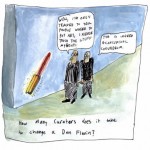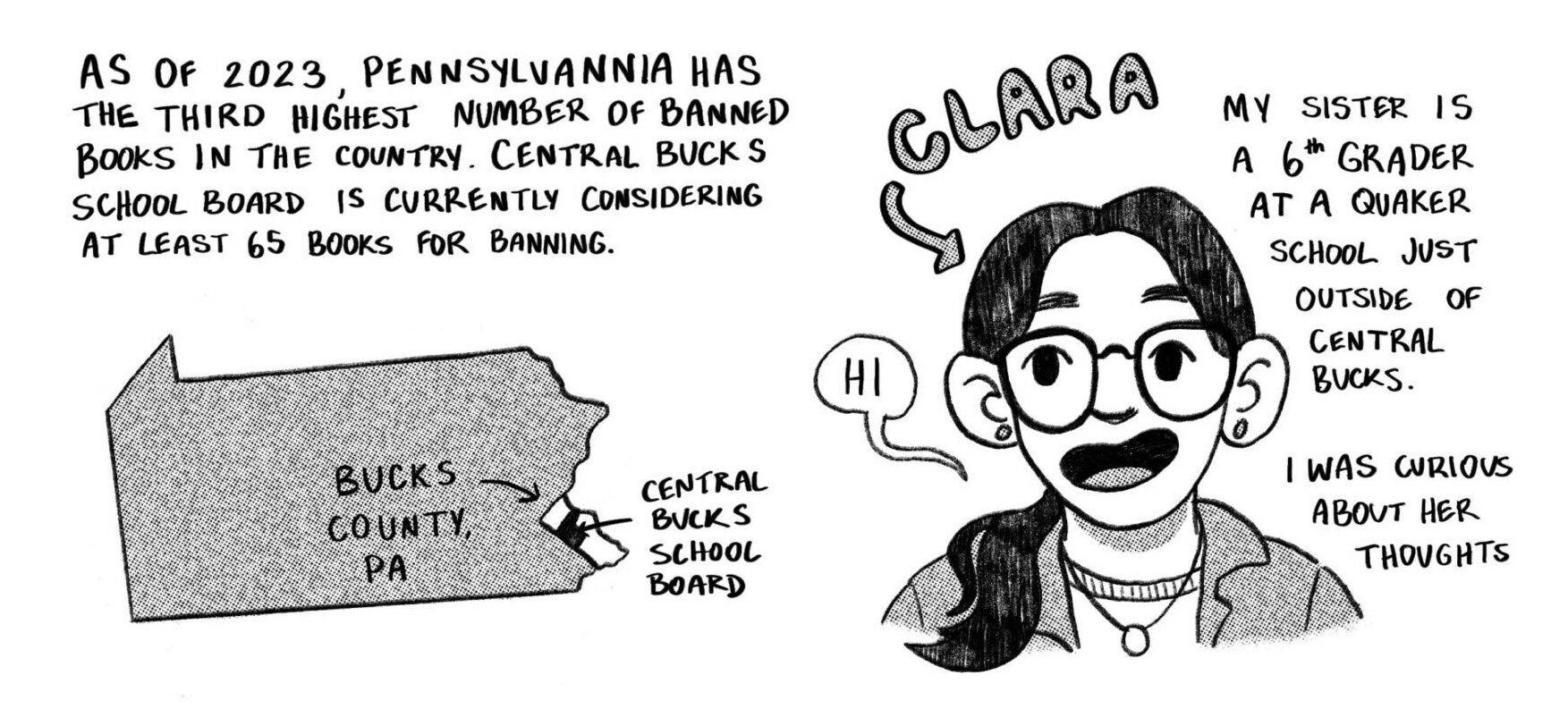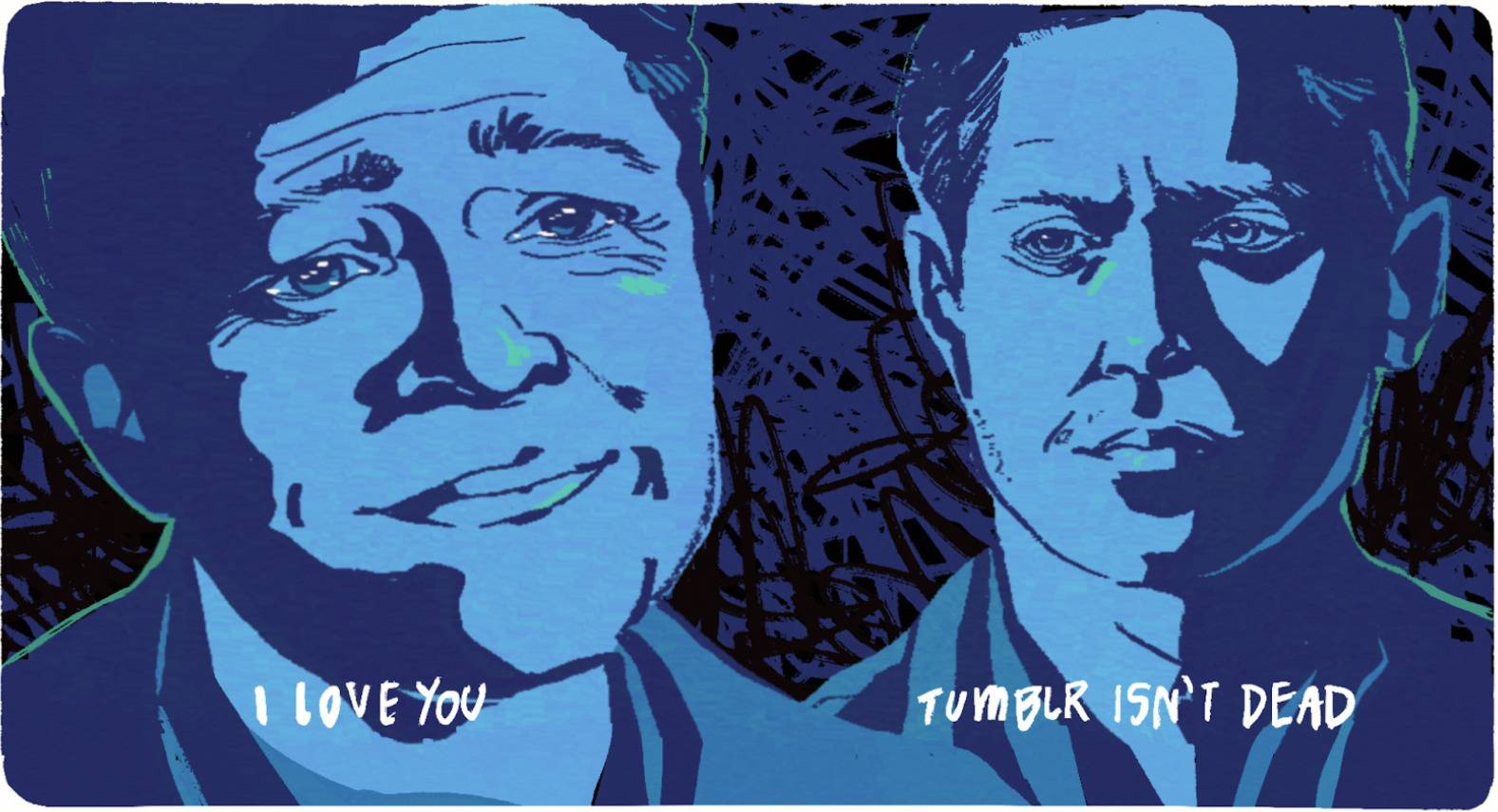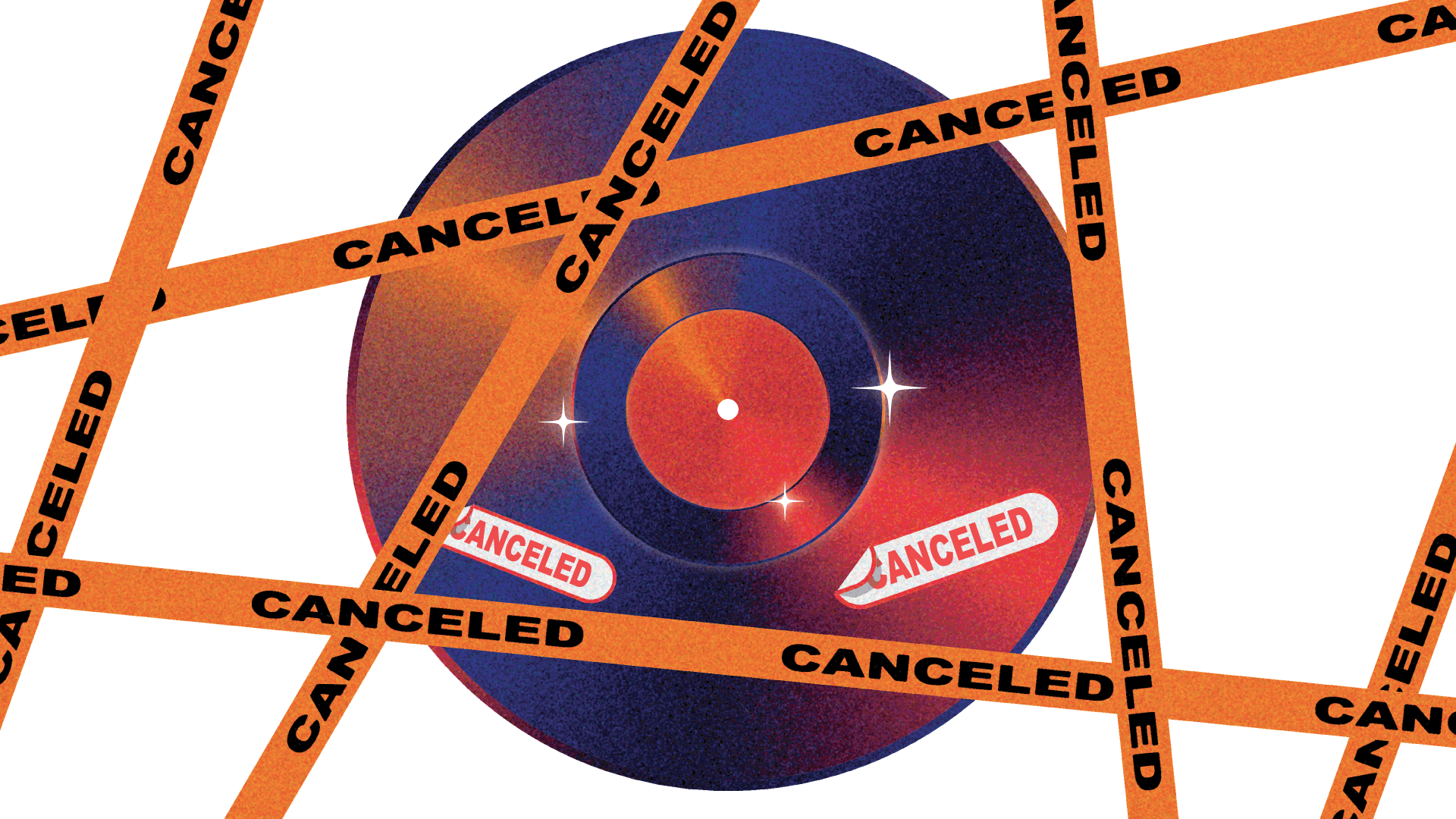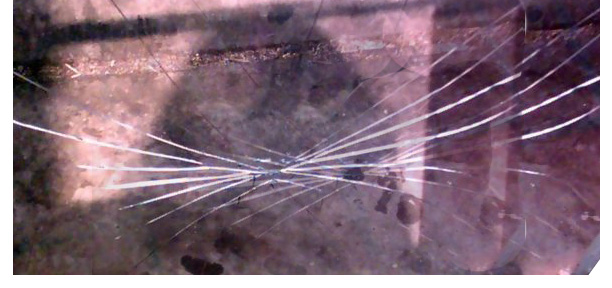
Katrina holds up a shattered mirror to the racism and hypocrisy of U.S. institutions
by Marisa Plumb
A painful discontinuity between our democratic identity and the accountable governance that it rests on has been highlighted in the wake of Hurricane Katrina’s devastations in Louisiana, Mississippi and Alabama. In that Katrina is a national crisis requiring unprecedented emergency response action, it has thrown U.S. government and its citizens into a spotlight, testing our social, ideological, and political foundations against a desperate scenario. There is no question that Hurricane Katrina will be used over the coming months and years as an instance that mocked the reflexes of this society’s infrastructures and the scope of its self-awareness.
The aforementioned rift becomes apparent when one examines who is trying to protect their reactions to Katrina from analysis, and what kind of disillusionments they are trying to preserve in this avoidance.
The idea that Republicans are callous to poorer classes in society is underwritten by U.S. history. The current administration is oozing with conservative Republican blood, and Katrina has spawned a slew of commentaries that point to their notorious neglect for the needs of poor Americans, and how the disaster highlights that neglect. The images and realities of poverty in New Orleans have rendered this neglect an incontrovertible theme of the administration’s policies and priorities, and a social reality that many citizens now feel the media and leadership, quite simply, have avoided.
Readers’ representative for The New York Times Byron Calame, for instance, reflected on a lack of reporting focus on New Orleans’ social demographic in the decade leading up to Katrina. He stated in his September 11 editorial that, “A search of substantive Times news articles about New Orleans since September 1995, conducted with the help of a researcher for the paper, found none that focused on the city’s poor and the racial dimension of poverty.” Readers now inundated with images of New Orleans’ poverty and racial makeup have expressed feelings of shock, and subsequently, that media sources let them down.
On the political front, Republicans are doing their best to keep the true hierarchies of their beliefs and regard for the lower classes in the American public masked. But the public’s awareness has been piqued. Aside from confronting evidence that the class biases embedded in the Bush Administration’s budgeting and domestic policies compounded the federal government’s logistical difficulties in responding to the victims of the storm, the public is also contending with the observation that even a human catastrophe of Katrina’s scale has not swayed the current administration’s priorities: control, money, and oil.
In an attempt to ensure that an objective investigation of the motivations and promptness of the federal government’s actions following Katrina will take place, Hillary Clinton proposed that an independent commission of experts (much like the one that investigated 9/11) be instated. Her bid in Congress for the panel, though, failed to meet the two-thirds majority it needed on September 14. It received only 44 votes, all from Democrats or Independent party members. This is a real failure on the part of the government because this commission would have had the authority to review and amend the nation’s emergency response procedures.
Now, a “bipartisan” panel, to be made up of Congress members, will review federal response to Katrina, but the majority will be Republicans. The Republicans alone will wield the right to subpoena. As Senior Fellow of the Foreign Policy Research Institute and co-chair of its Center on Terrorism, Counterterrorism, and Homeland Security Stephen Gale pointed out in a comparative analysis of Hurricane Katrina and terrorism, the disaster revealed shortcomings in our national preparedness—specifically in terms of system management and standardization. As the Bush Administration has centered its emergency planning and security on the threat of terrorism, it has in turn shown a inability to take control of real crisis.
Katrina has wrought unprecedented devastation in the Gulf area, but it has also brought out suppressed knowledge of New Orleans’ poverty, and the complex weaknesses of federal emergency management. If anything positive can come of this, it is the revival of invigorated, aggressive reporting on the social and political landscapes of this nation.
As local news sources from New Orleans experienced huge surges in readership following the hurricane, there is evidence that the public is learning where to find immediate facts—there is perhaps a growing awareness that the mainstream media isn’t the first or only place to get information. Even some of the major news channels—those typically heralded as corporately-influenced and conservatively-filtered—broke with their patterns of Republican placation and lashed out, demanding better government intervention for hurricane victims.
Likewise, Democrats are standing up to Republicans in Congress to demand an independent commission to investigate our democratic government, recognizing that anything less will have serious procedural and political consequences. House Minority Leader Nancy Pelosi, in response to the authority she was granted to nominate 9 of 20 panel members, agrees: “I will not appoint any Democrats to participate in this sham.”
October 2005

